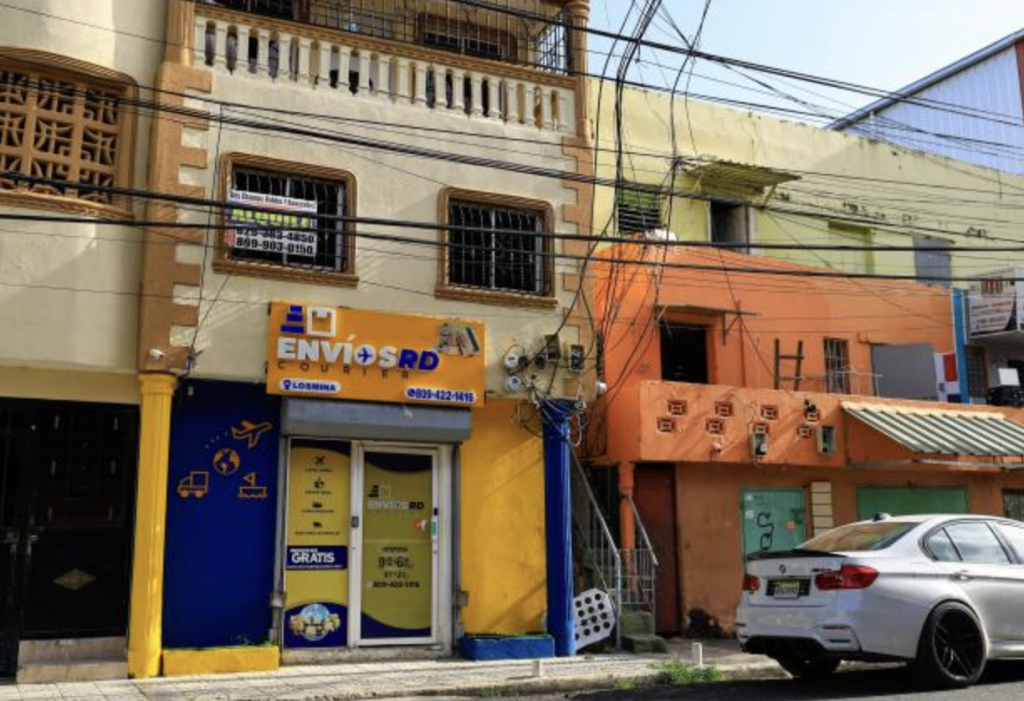
Buying online that originally was something people in the middle class and wealthy did, is now becoming generalized. The reality is reflected in the number of courier businesses that are sprouting in low-income neighborhoods. Diario Libre reports that some 98 licenses for courier companies have been issued. There are now 747 branches of couriers, of which more than 400 are located in the National District, the capital city.
Formal stores complain this is unfair competition. Online purchases do not pay local taxes. These can mean savings around 40% less than the cost of the item in the Dominican Republic, and many times much more if the item is on sale online.
The tax facility is not expected to be killed in the upcoming Fiscal Reform. The DR-CAFTA Agreement protects purchases worth up to US$200 from paying taxes. Couriers consolidate the purchases outside the country, mostly in the United States, and then resend them to their clients for pick up in the Dominican Republic. Some couriers offer home delivery.
Diario Libre reports that in 2023, consumers had imported 31.8 million packages, weighing 50.4 million kgs.
Luis Valdez of CPS courier company and president of the Dominican Association of Couriers (Asodec) says that the phenomenon is global. He said many more people got into buying online during the Covid-19 pandemic.
Read more in Spanish:
Diario Libre
27 August 2024

